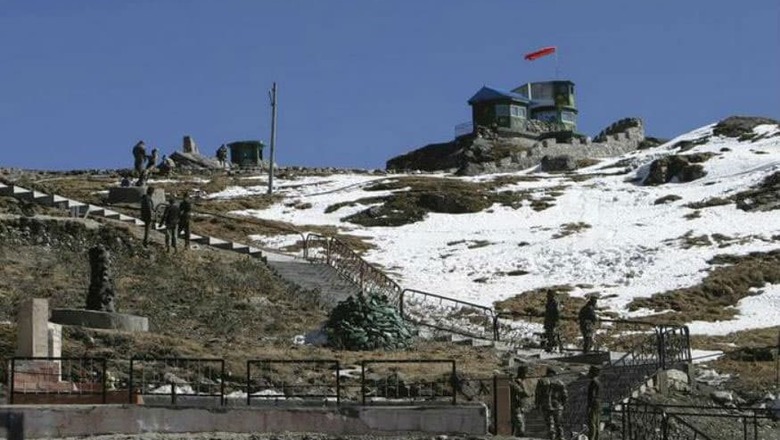
views
On September 29, a year since the Indian Army conducted surgical strikes in Pakistan occupied Kashmir (PoK), defence expert Nitin Gokhale will unveil his new book ‘Securing India The Modi Way: Pathankot, Surgical Strikes and More’. The author spoke to News18's Uday Singh Rana about what the strikes achieved and how India’s China policy has changed under Prime Minister Narendra Modi. Edited excerpts:
Your book tries to understand Modi government’s strategy for national security. Is there a common driving force behind the government’s policy?
Several changes have been brought which are fundamental in terms of dealing with various security challenges. India is using its space more proactively. The common thread is the aim to make India more secure and stable.
It’s been a year since the Surgical Strikes and yet not much is known about them. Is secrecy a fundamental aspect of Modi’s security policy?
Yes, it is. It is so for every government, but particularly this one. Until a decision is taken, very little is known in the public domain. They have managed to keep a tight lid on all their decisions. They have managed to have a cohesive response to security challenges.
In the last three years, India said it conducted surgical strikes against militants in Myanmar and in Pakistan Occupied Kashmir (POK). How often can this tactic be used?
It has to be used sparingly. And no two cross-border raids are similar. Circumstances will differ and tactics will differ. But what it has done is that it has given another option to Indian military channels, which they were hesitant to use earlier due to lack of political sanction. Moreover, it has created uncertainty within the Pakistani military establishment. Now they don’t know how India will respond. Raids were carried out in seven separate areas. Special Forces officers told me that the two purposes were to teach them a lesson and send a message that we can come after you at a time and place of our own choosing. The message and impact were strategic.
But cross-border infiltration hasn’t stopped. Were the strikes really successful?
That was not the intention of the surgical strike. Infiltration is an unlimited resource that Pakistan has. It is not the Pakistani Army that crosses over. The purpose was to create a sense of uncertainty and fear in the Pakistan Army. This will open up a space between a conventional response and a larger military conflict. This was a space that was missing. A surgical strike is in between a BAT (Border Action Team) operation and a skirmish or battle like Kargil.
How does Modi’s outlook towards China differ from his predecessors?
In all cases of border incidents with China, the government has been resolute on the ground but reasonable in diplomacy. When President Xi was in Ahmedabad, 1,500 Chinese troops came into the Chumar sector. In two days, India built up a counter force of 9,000. The Chinese did not expect or anticipate this. Such decisiveness was missing earlier. The signal has to come from the top. In Doklam, they expected a diplomatic response from Bhutan but did not anticipate India’s military response.
Would it be incorrect to say China was the aggressor in Doklam?
If I was Chinese, I would say India was the aggressor. But what China did was violate a diplomatic understanding. India said we will not allow you to unilaterally change status quo. They may get away with bullying smaller nations in the South China Sea but here, India did not allow them to do that. So India displayed both firmness and flexibility.
Is it true that Chinese troops set up loudspeakers at the standoff site and blared expletives and insults at Indian troops, who showed great restraint? Is that also something that percolates from the top?
Yes, it does. But it has been a standard practice with Indian troops. The directive is always that we will not be the ones to open fire.


















Comments
0 comment